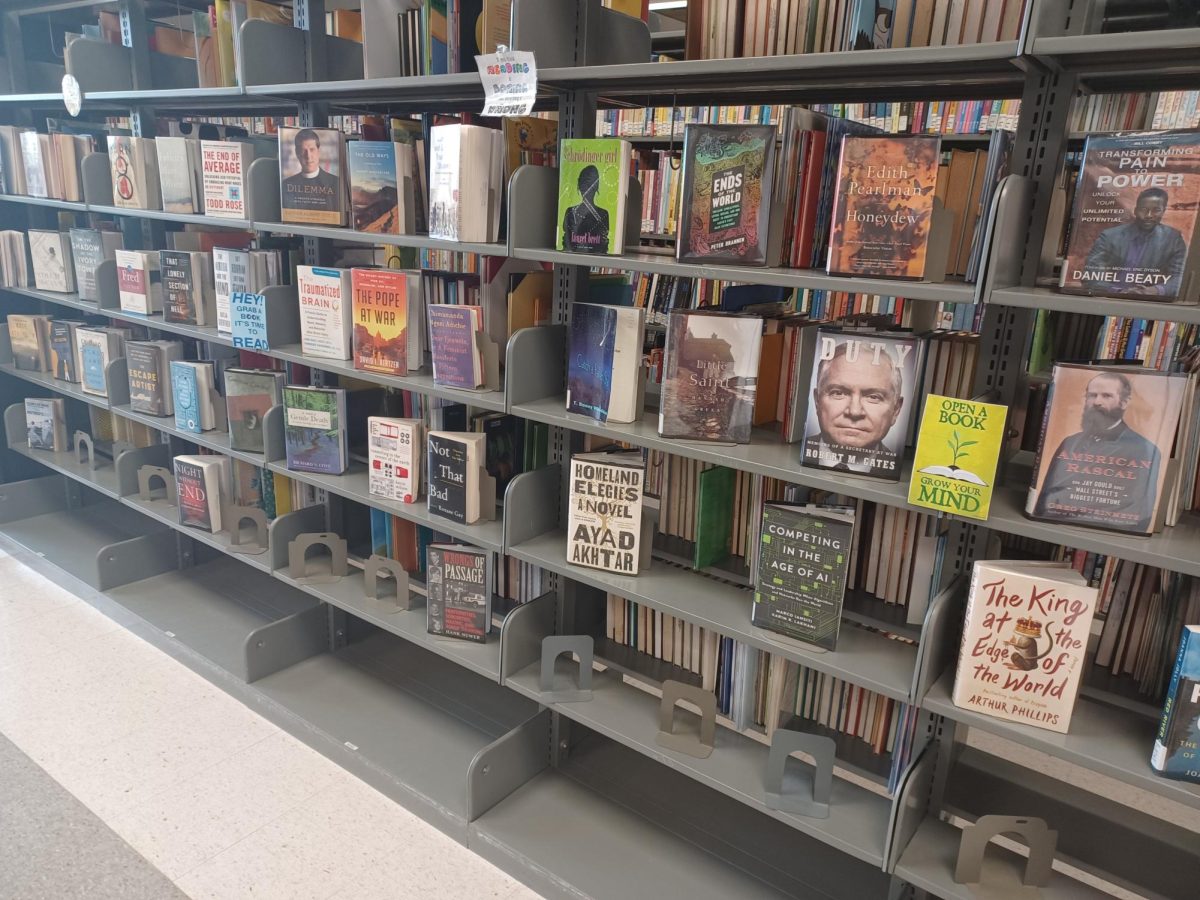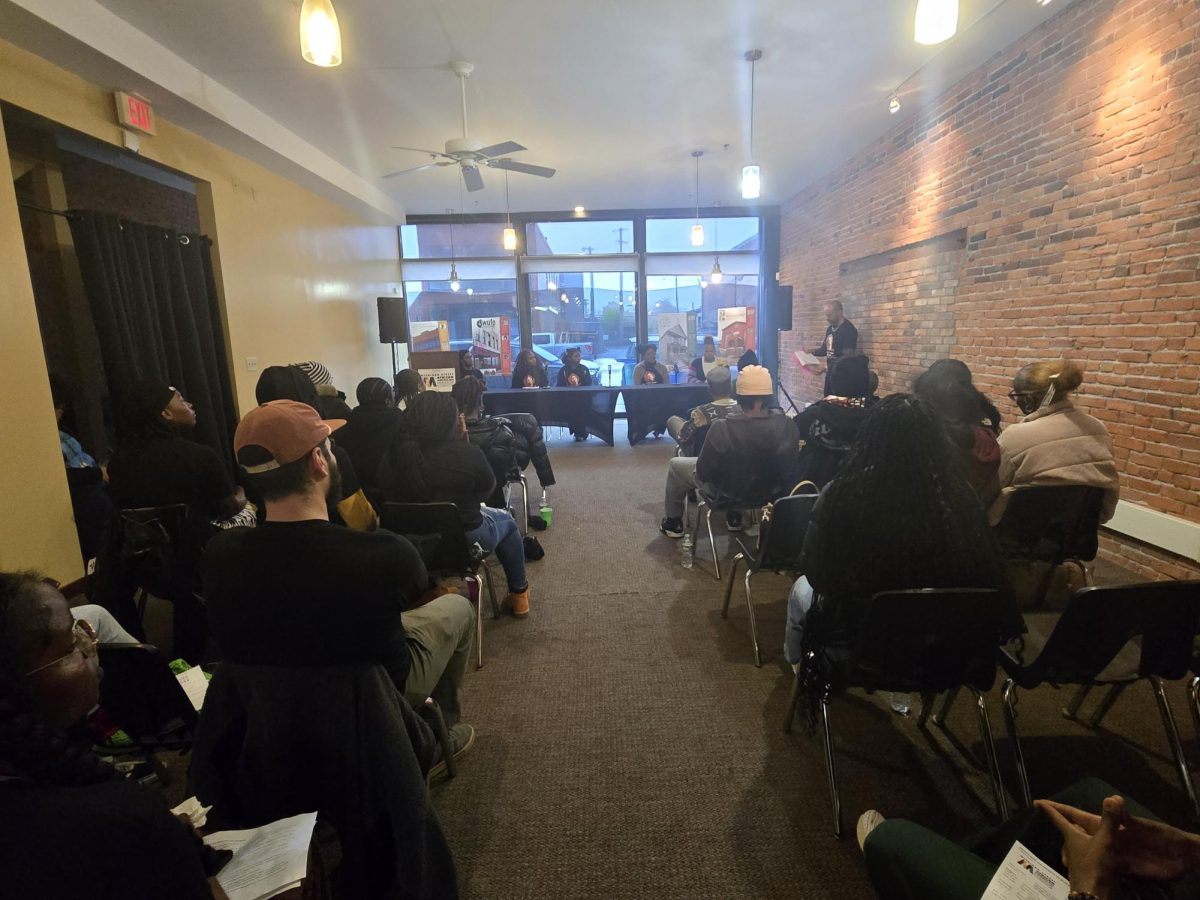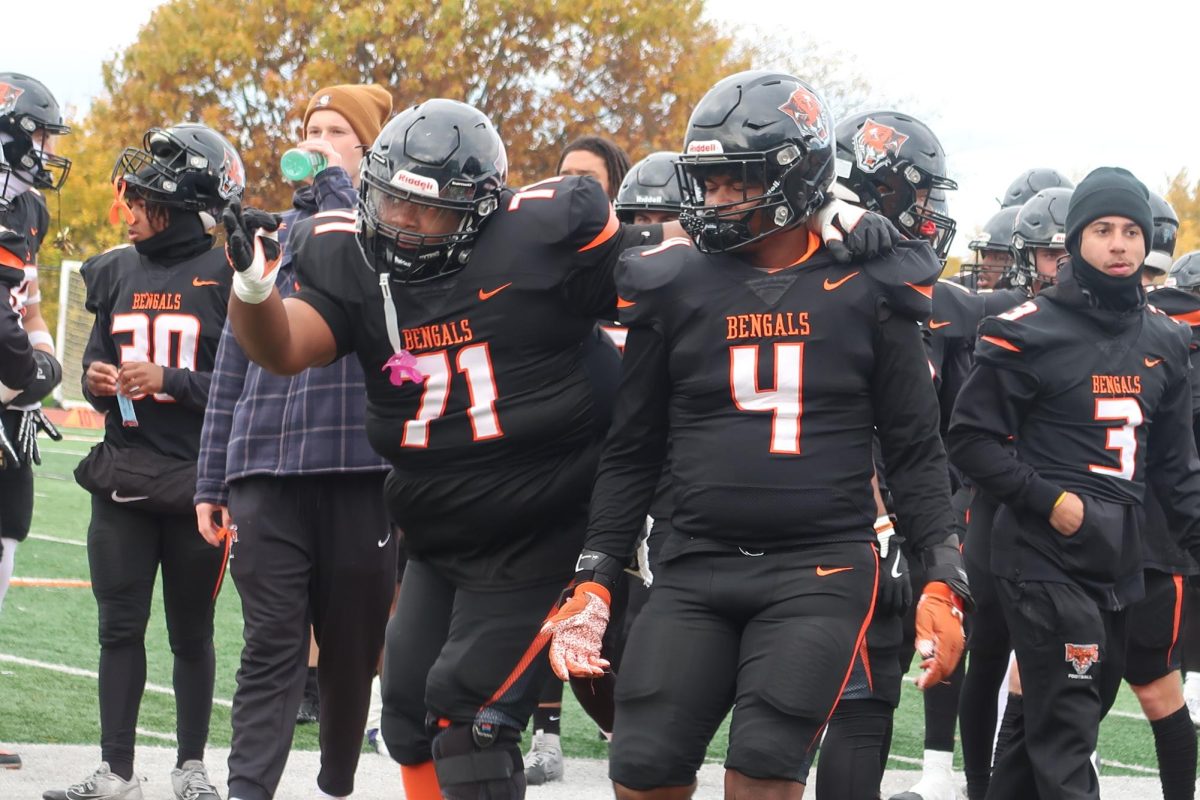The E.H. Butler Library is an incredible resource on campus that provides study and workspaces for all students, support services, and a substantial collection of books. Butler Library is a valuable feature on the Buffalo State University campus. However, it may be less clear who is behind the library and overseeing its staff. Charles Lyons is the Butler Library Director and offers insights into the daily functionalities of the library and his roles and responsibilities as the library director.
This is part 1 of 2 part series. The interview was edited to increase clarity and brevity.
1) As the Director of Butler Library, what might your day typically entail in higher education?
I tend to focus more on administrative duties like budgeting, staffing, planning, and generally making sure Butler Library’s physical spaces are meeting students’ needs. The library is open for more hours than most other buildings on campus and our late-night Study Quad space is open until 2am during the semester. The library is also one of the most popular places on campus for students to study, relax, meet with classmates, maybe even read a little: our door counters tell us that we get 300,000+ visits to the library every year! It takes a good deal of effort from a lot of people to keep things running smoothly.
As far as our facilities go, we’ve just completed a series of significant renovation projects designed to make our spaces more welcoming to students, including a total redesign of the entire first floor, installation of new energy-efficient widows, and the installation of a new heating and air-conditioning system for the building.
Our biggest transformation has been the creation of the Butler Library Academic Commons, a new space designed to be a one-stop shop for student success. Students can receive advising, tutoring, IT help, librarian assistance, or meet with an expert from accessibility services… all in one place. Because all these services are now centrally located, it makes it easier for us to collaborate and provide more seamless support to students.
2) Libraries are halls of knowledge and halls of human connection. How do you ensure that all students, staff, and faculty enjoy their experience in the library? What is your role to ensure an enthralling and inviting library experience?
We’re focused on improving the experiences students have in the library. One way we do this is by creating spaces that meet a wider variety of student preferences. For example, we have quieter areas in the library where students can study individually and focus; and we also have fewer quiet areas where students can meet with each other and collaborate on group projects (our 20 group study rooms always seem to be filled!). Our reading room on the first floor is our silent study space (whispered conversations only); and at the other end of the spectrum, we have a Starbucks where students can grab a pick-me-up and take a break from their studies.
We also spend time tailoring the library’s collections so that they are more relevant to Buffalo State’s students. Some students may not realize that we have half-a-million books on the 2nd and 3rd floors of the library! Our collections cover many subjects of interest, including children’s and young adult literature, graphic novels, creative studies, and more.
We’re also focusing on broadening and diversifying our collections so that we have more books written by people from a greater variety of experiences, especially from underrepresented groups and with more global perspectives. In doing so, our goal is to help ensure that all students can find books they can relate to and maybe even see themselves in.
3) Banned books week was from September 22-28, 2024. What are your thoughts on state apparatuses and school boards banning books? Why might it be advantageous for students to read banned books?
As a librarian, banning books is a topic I follow with interest. First, I should mention that we haven’t received any requests to ban or remove books from the shelves of Butler Library. Banned books are generally a bigger issue for public libraries so I don’t have firsthand experience in this area.
That said, if we did get a request to ban or remove a book, we would be cautious and take great care to follow our well-defined collections policies and procedures so that we make sure any ban is warranted and is in-line with the mission of Buffalo State University.
In general, there’s some skepticism among librarians about the usefulness, fairness, and motivations behind the current surge in book banning across the country. Many of the books that are banned are written by or are about people from marginalized communities, especially people of color and the LGBTQ+ community. These groups seem to be unduly targeted by books bans.
Libraries are about inclusivity and openness, so we are very cautious about banning things or excluding certain materials. Some potential benefits to reading banned books are that they provide students with the opportunity to broaden their thinking on possibly divisive issues and inspire them to consider new perspectives about experiences that might be different than their own.







